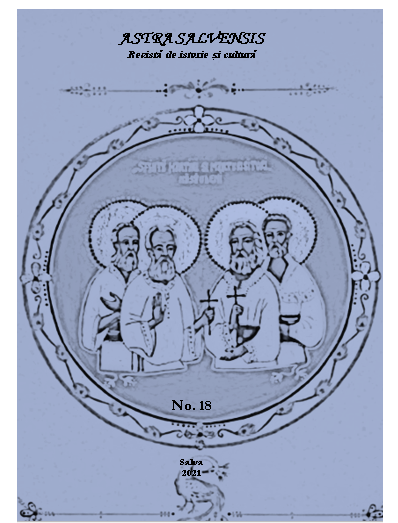Enhancing Autonomous Language Learning in Digital Environments- Paving the Way for Self-Learning via Escape Rooms and Communities of Practice
Enhancing Autonomous Language Learning in Digital Environments- Paving the Way for Self-Learning via Escape Rooms and Communities of Practice
Author(s): Ioana Mudure-IacobSubject(s): Social Sciences, Education, Distance learning / e-learning
Published by: Asociaţiunea Transilvană pentru Literatura Română şi Cultura Poporului Român - ASTRA
Keywords: autonomous learning; gamified learning; communities of practice; employability skill needs; digital escape rooms;
Summary/Abstract: The potential offered by digital tools and apps in the ESP teaching/learning process encouraged both teachers and learners to explore the affordances of such learning instruments in synchronous and asynchronous contexts. However, faced with the new scenario of shifting instruction entirely in a digital format, the conventional use of pedagogical and didactic methods and approaches was put under scrutiny. New learning needs and more customised employability skills are deemed necessary for learners, digital natives who prove availability and high interest in exploring and playing with the wide array of digital tools. The manner in which ESP teachers can exploit such readiness and, at the same time, use the resourceful digital apps is by building on learner autonomy, so as to expand language learning beyond the virtual walls of class instruction. To do so, there is a stringent need to boost learner motivation through gamified learning experiences, to facilitate resourceful digital interactions in micro-communities of practice and to allow learners to use peer assessment as a self-improvement mechanism. Teacher assistance along the process, regarding choice of digital tasks, collaboration within communities of practice and reciprocal multimodal training will this way redesign the digital ESP class and provide it a more practical pedagogical foundation.
Journal: Astra Salvensis - revista de istorie si cultura
- Issue Year: IX/2021
- Issue No: 18
- Page Range: 79-86
- Page Count: 8
- Language: English

